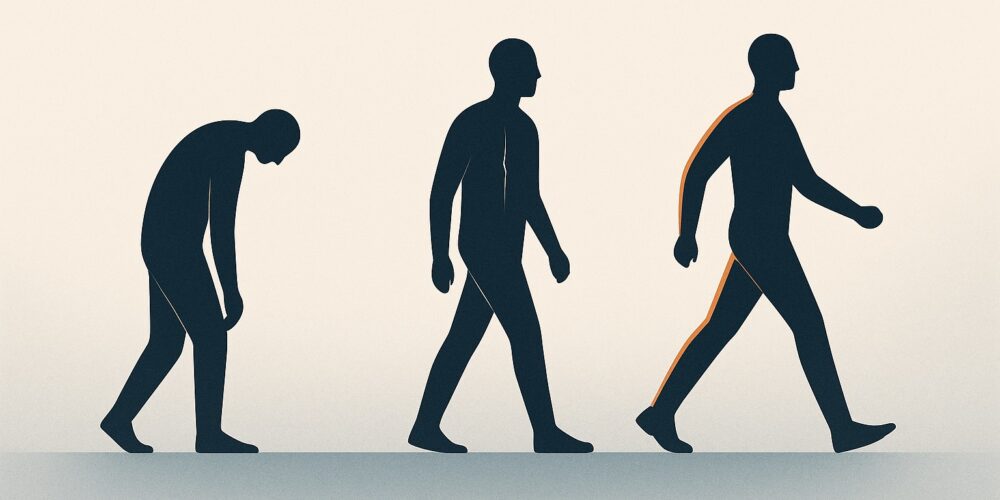Bruise, mend, continue

My son was talking to a close friend about a big change ahead. He would have to start afresh, get used to a new place with new faces, and tackle advanced knowledge.
Here’s what the friend said, in conclusion:
It will be difficult, but you’ll get through it.
What a profound sentence that is. I wish it could be posted on the wall of all youngsters as they take on the trials of adulting and the tribulations of life’s necessary transitions.
Let’s consider the first part: “It will be difficult.” How ready are we to share this harsh fact of life with our children? When they are very young, we do not trouble their nascent minds with onerous realities. They are not able to deal with those truths in the innocence of childhood, and they are entitled to joyful optimism before reality kicks in.
But kick in it must. We can’t keep extending the fantasy forever. This life we live has some incontrovertible facts governing it. It is highly uncertain—things rarely go according to plan, and surprises abound. It is chance-ridden—we progress at the mercy of random turns. And it is indifferent—it has no attachment to our desired outcomes. We all die, but we don’t know when. We lose people we love. We suffer disappointments and reversals. Our ventures and adventures often end in tears.
That brutal paragraph is, sadly, true. The Buddha summarized it even more harshly: life is suffering (dukkha). We are predisposed to suffer. We suffer from pain, loss, and change. But he wasn’t saying everything is endless misery. He meant that existence, as we usually live it, is marked by dissatisfaction. Pleasures fade, health declines, relationships change, and we cling to what won’t last. Even joy carries a shadow, because it is impermanent. The insight is: if you expect permanence or perfection in this world, you’ll always be restless.
Now let’s move on to the second part of the sentence: “…but you’ll get through it.”
Even as we are given challenging conditions in which to live, we are also given the means with which to deal with those conditions. We are way tougher than we think. If you have faced some severe turbulence in your life (and most of us have) you already know this. We are far more resilient and adaptable than we imagine. Humans have been put through unthinkable adversity, and still found ways to endure and prevail. So firstly, unless the circumstances are truly extreme, don’t doubt: you’ve got this. More than you can ever know beforehand.
The second path to coping is more psychological, and it comes from the Buddha again. He didn’t just point at the wound—he offered a diagnosis and a treatment.
The Buddha saw that suffering comes not just from pain itself, but from our grasping: the endless craving for more, the refusal to let go, the fight against what is already true. His psychological brilliance lay in noticing that we torment ourselves twice—once with the pain, and again with our resistance to it.
The way through was not denial or indulgence, but a middle path. He taught awareness: see craving as it arises, name it, watch it pass. He taught discipline: loosen attachment, cultivate compassion, anchor yourself in ethical action. And he taught perspective: that suffering, when understood, can itself become the opening to freedom.
The radical move was shifting the focus from controlling the world to transforming the mind. That’s what still makes his insight feel startlingly modern. So when my son’s friend says, ‘It will be difficult, but you’ll get through it,’ he is channelling an ancient wisdom: suffering is real, but so is the path through it.
So let’s stop sugarcoating what life will hand us. It will hurt, it will unsettle, it will frustrate. Yet we are built with reserves of resilience that only reveal themselves when tested. We can learn to expect difficulty without being defeated by it; to accept impermanence without despair. That is the sober truth every young adult—and every older one—must carry into the world.
THE SIGNAL IN THE NOISE
Difficulty is the texture of existence, but it is not its full story. To live is to bruise, yet also to mend; to be troubled, yet also to cope.

Buy Sunny Bindra's new book
The X in CX
here »
Popular Posts
- You are who you hang out withSeptember 28, 2025
- Born knowing the waySeptember 21, 2025
- The cost of pretenceSeptember 7, 2025
- The art of the CX rescueSeptember 14, 2025
- Bruise, mend, continueAugust 31, 2025















